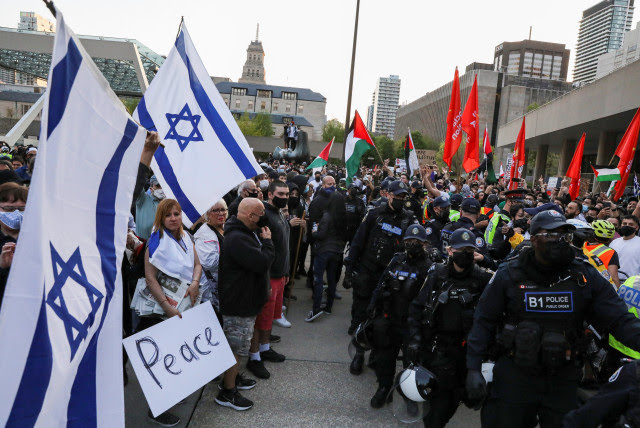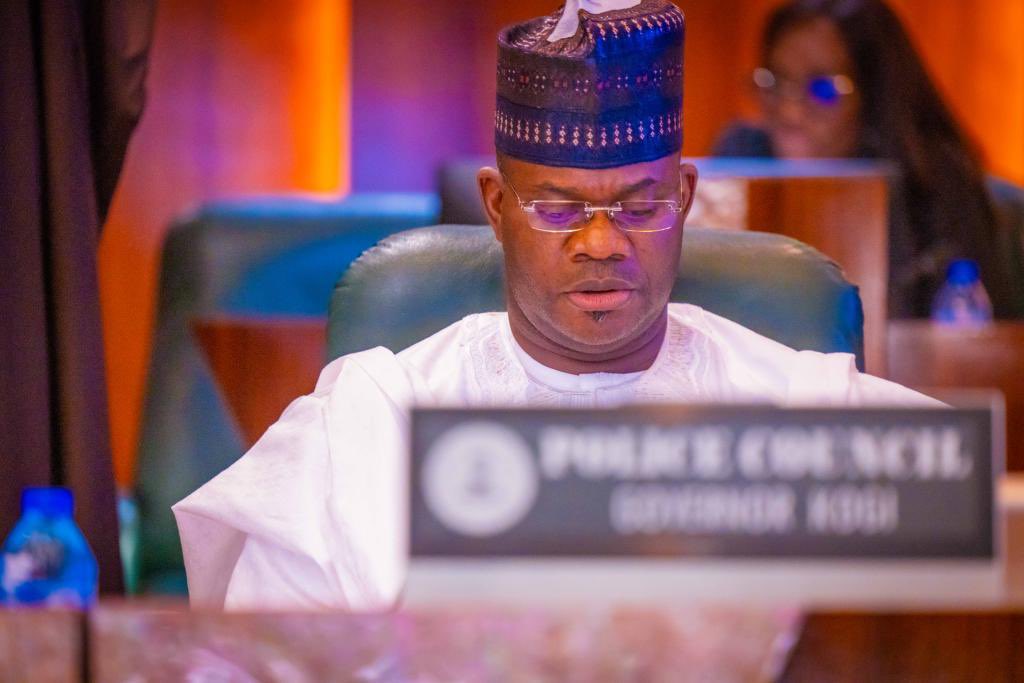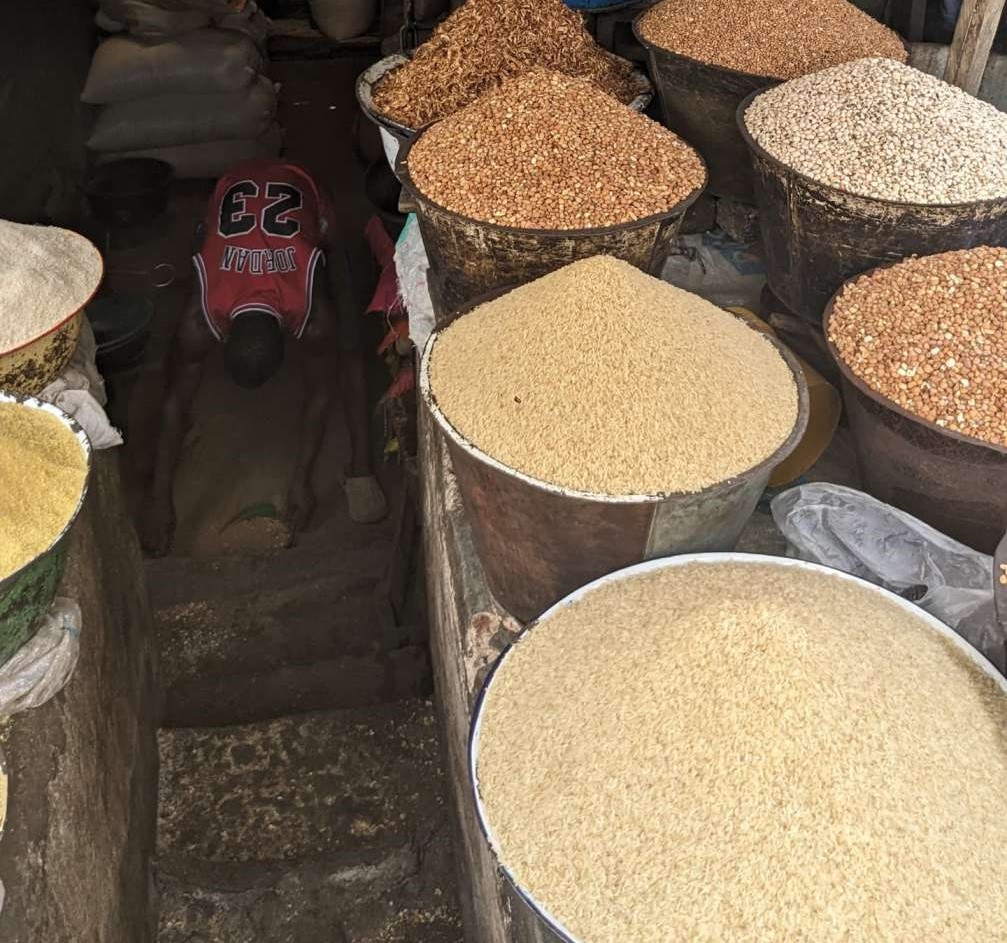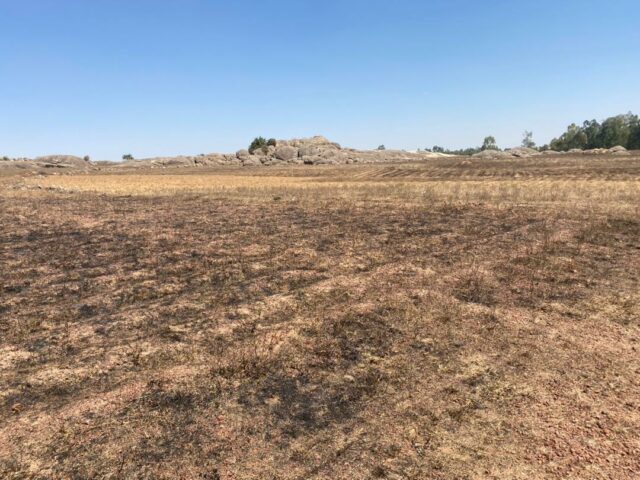Abba Meir Eban, a respected Jewish diplomat, said Arabs never miss an opportunity to make peace at the Geneva Conference of 1973. But today, it is the Arabs who feel this way about the Jews.
The Israel-Palestine conflict has stretched for so long and the world has grown numb to its harsh realities. Between 2000 and now, security forces have killed no less than 46 journalists and media personnel in Palestine, including Shireen Abu Akleh, who died in a gun battle a few days ago. In all, more than 14,000 people have died.
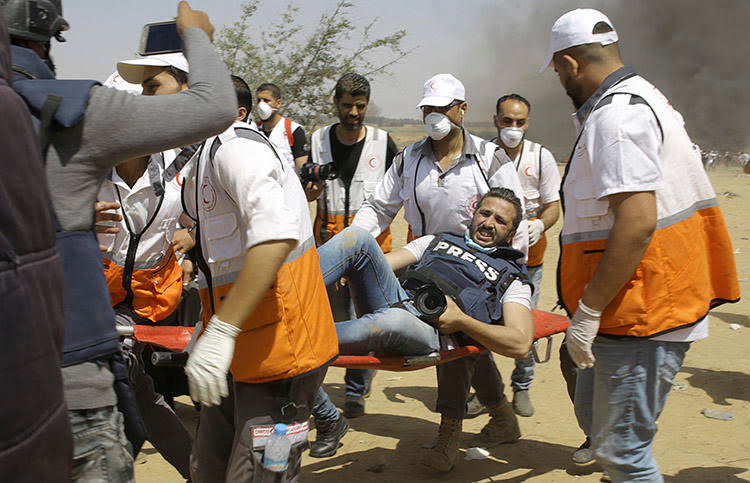
According to Britannica’s ProCon, 1,512 Israelis and 8,441 Palestinians died between 1987 and 2014 due to the conflict. Some Palestinians carry out reprisals while Israel maintains a firm chokehold on Gaza and West Bank areas of Palestine.
Human Rights Watch and Amnesty International have accused Israel of oppressing Palestine and setting up an apartheid system. But Israel says Palestine is the aggressor. As all parties involved claim to be victims, it is pertinent to understand the conflict.
BEGINNING
In the beginning there was no Israel, as the Jews did not have a sovereign state until 1948, when the United Nations (UN) adopted Resolution 181, also known as the Partition Plan, to help define the closely knit Jewish and Arab nations. On May 14, 1948, the plan created the State of Israel after the dissolution of the British Mandate of Palestine.
READ ALSO: Israel Demands Apology After Russian Minister Called Hitler Jewish
Palestine did not accept the carving of an Israeli state from its erstwhile territory. This finally led to the first Arab-Israeli war which soon ended with an Israeli victory in 1949.
The Arab-Israeli war displaced over 700,000 Palestinians. Land was reshaped, and the State of Israel, the West Bank region, and the Gaza Strip became the main regions of the territory.
MORE ARAB-ISRAELI WARS, UAR VS ISRAEL, 1979 RESOLUTION
Other Arab nations, including Egypt and Syria, maintained strained international relationship. Over time, tensions rose high enough and culminated in the Suez Crisis, which is recognised as the second Arab-Israeli war, in 1956. Israel, followed by the United Kingdom and France, invaded Egypt to regain control of the Suez Canal. Following the intervention of the United Nations however, Egypt, led by President Gamal Abdel Nasser, survived the onslaught. The union of Egypt and Syria was recognised as the United Arab Republic. This union was short-lived and ended on September 28, 1961.
Israel went through two major armed conflicts with its neighbouring nations. Egypt, Jordan, and Syria signed mutual defence pacts and engaged Israel in the six-day war between June 5 and June 10, 1967. Israel gained territorial control over West Bank and East Jerusalem from Jordan in the process and took control of the Sinai Peninsula and the Gaza Strip from Egypt.
READ ALSO: FG Taaunted for Israel Palestine Peace Comments When Nigeria is Not at Peace
The Yom Kippur War in October 1973 was the fourth armed conflict between Israel and its Arab neighbours. Egypt had territorial gains but failed to fully regain control of the Gaza Strip.
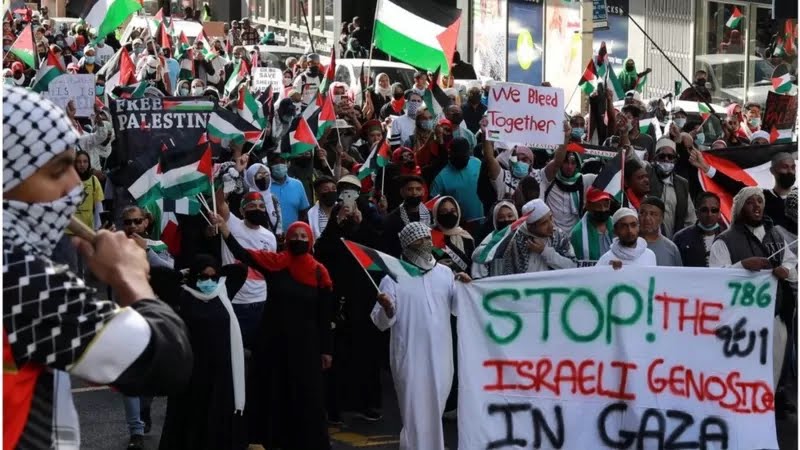
CAMP DAVID ACCORDS, PEACE BETWEEN ISRAEL AND NEIGHBOURS, PALESTINE INTIFADA
In 1979, Egypt and Israel signed the Camp David Accords. This peace treaty ended the 30-year-old conflict between Egypt and Israel.
International relations between Israel and its neighbours improved over time but Palestine remained unsatisfied. The Palestinians wanted their own nation and government. They lived in the Israel-controlled West Bank and the Gaza Strip.
Thousands of Palestinians defied the Israeli government and organised an armed revolution known as the First Intifada in 1987. The First Oslo Accords in 1993 offered a framework for the Palestinians to govern themselves in the West Bank and the Gaza Strip. This also allowed acknowledgement between Israel and a newly established palestinian authority. Two years later, the Second Oslo Accords introduced provisions that mandated the complete withdrawal of Israel from six cities and 450 towns in the West Bank.
In September 2000, Palestinians launched the Second Intifada after years of unsatisfactory peace process. Israel approved the construction of a barrier wall around the West Bank in 2002. Although the Second Intifada only lasted five years, hostilities between Israeli and Palestinian authorities continued. Israeli security forces occupied the cities where Palestinians camped and took control of waters, land borders, and airspace around the Gaza Strip.
READ ALSO: US Troops Eliminate ISIS Leader Abu Ibrahim
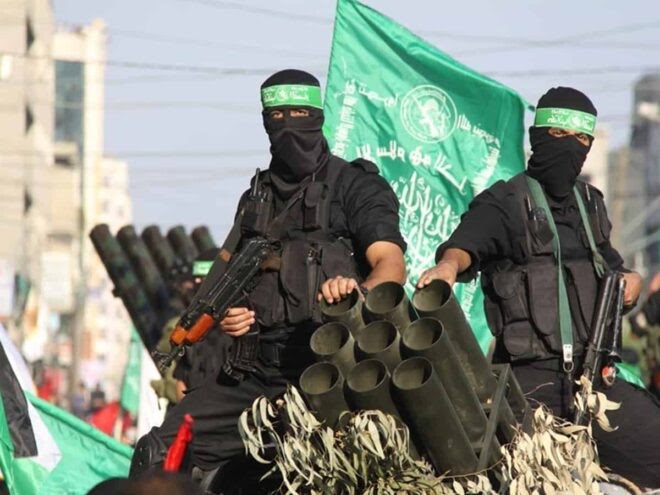
HAMAS
Harakat al-Muqawama al-Islamiya (Islamic Resistance Movement) or Hamas is a political and militant organisation controlling some parts of the Gaza Strip. It was established after the First Intifada in 1987.
In 2014, efforts by the United States to mediate between and revive the Israeli government and the Palestinian authority in the West Bank failed when Fatah, the Palestinian authority’s ruling party, formed a unity government with Hamas. The US had initiated peace talks between both parties in 2013.
As a result of its resistance to the Israeli occupation and the use of suicide bombers, the European Union identified Hamas as a terrorist group, and the US named it a terrorist organisation in 1997.
PERPETUAL FRICTION, DISPUTED TERRITORIES
Currently, the West Bank is controlled by Palestinian authorities but occupied by Israeli forces. This means that Palestinians live in West Bank but security officers continue to enforce Israeli rules and decrees on residents. Hamas controls the Gaza Strip and Israeli forces have failed to occupy Gaza.
However, Israel has placed a blockade on the borders of the Gaza Strip. The presence of Israeli forces increases friction between both nations. Israel desires control over Gaza and West Bank but the Palestinians want an independent nation. Both parties are reluctant to settle for resolutions and compromises. At the moment, it is all of the disputed territories or none for Palestine and Israel.
Subscribe
Be the first to receive special investigative reports and features in your inbox.


